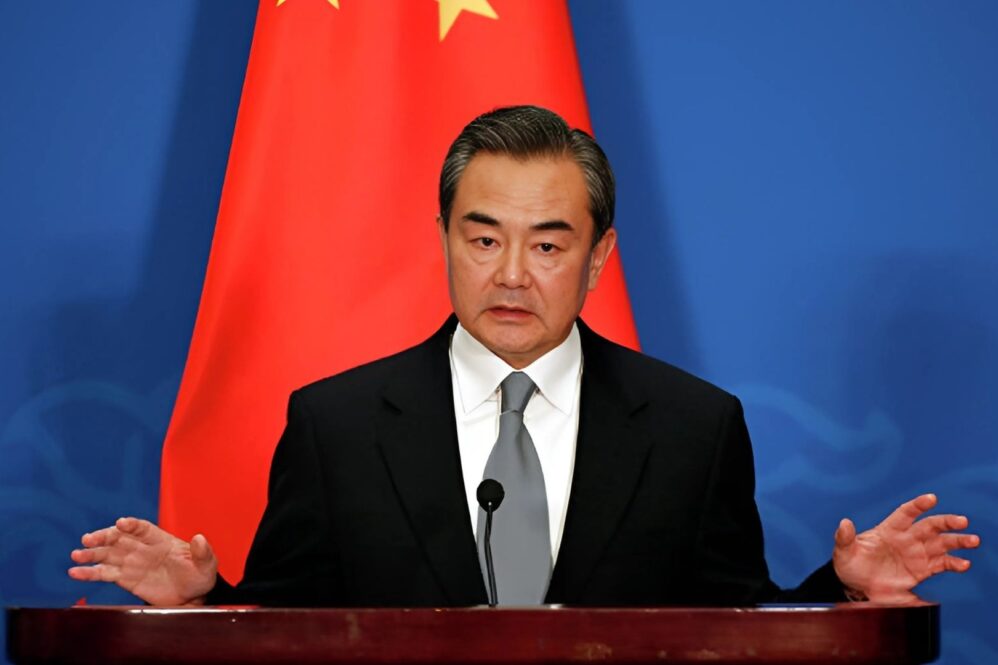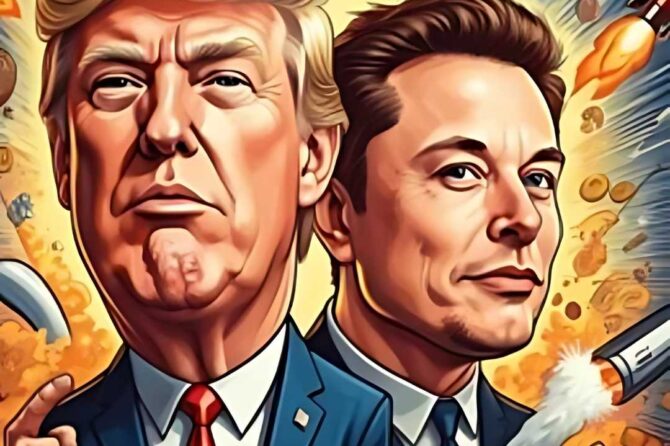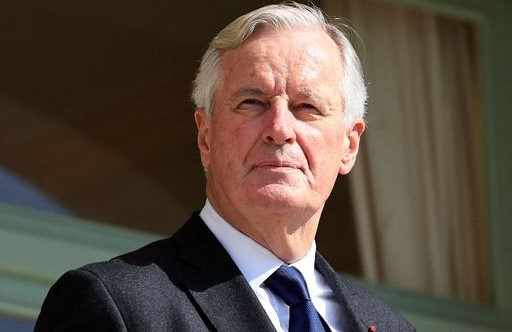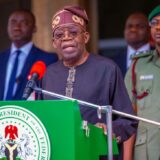—
China’s Growing Influence in Africa
China has ramped up its diplomatic efforts in Africa with a clear goal: to strengthen its economic and political ties on the continent. The recent “charm offensive” by China’s Foreign Minister highlights the nation’s commitment to deepening relationships with African countries. This move comes at a time when Africa is gaining greater geopolitical importance, and global powers are reassessing their strategies.
China, with its expanding global influence, sees Africa as a critical partner. As the geopolitical landscape shifts, China aims to secure its place in Africa’s future, fostering trade, investment, and cooperation.
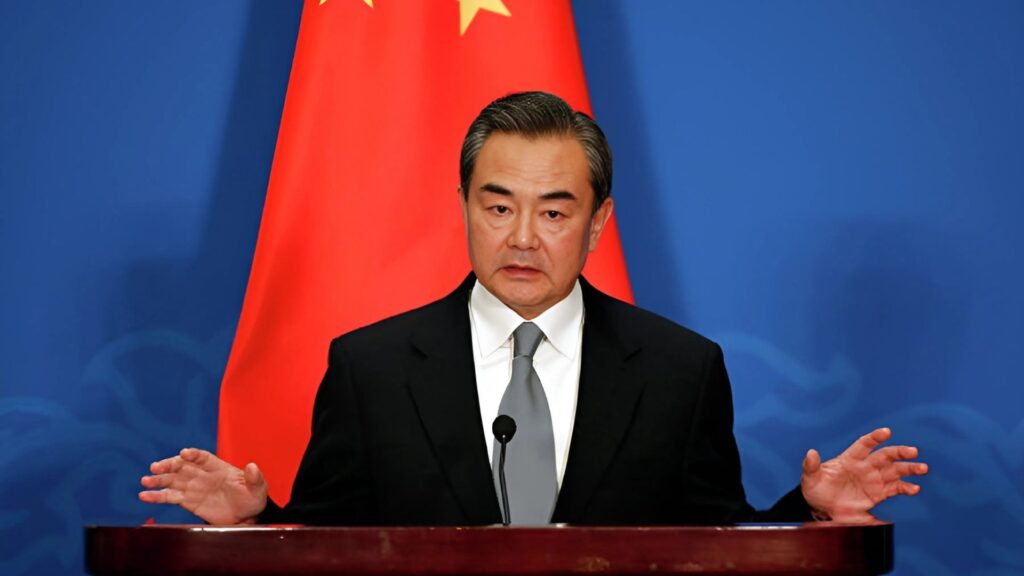
—
The Rise of China in Africa
Over the past few decades, China’s presence in Africa has grown significantly. The country has invested heavily in infrastructure, trade, and development projects. Through initiatives like the Belt and Road Initiative (BRI), China has funded key infrastructure developments, including roads, railways, and ports. These investments benefit African nations by improving connectivity and spurring economic growth.
China’s approach to engagement differs from that of Western powers. Its policy of non-interference in domestic affairs and prioritizing economic development has made it an attractive partner for many African governments. The economic ties between China and Africa are mutually beneficial, with China securing access to vital resources while providing infrastructure and trade opportunities.
—
Diplomatic Engagement and Economic Cooperation
The charm offensive is not only about diplomacy but also about boosting economic cooperation. China’s Foreign Minister emphasized expanding trade relations and increasing investments in Africa. China is already Africa’s largest trading partner, and the charm offensive aims to solidify this position.
The economic cooperation between China and Africa has proven to be beneficial for both sides. African countries provide China with valuable resources, such as oil, minerals, and agricultural products, while China offers infrastructure development and trade opportunities. These mutually advantageous relationships have helped African economies grow, while also supporting China’s manufacturing and industrial needs.
—
Belt and Road Initiative: A Key Driver
One of the main drivers of China’s growing influence in Africa is the Belt and Road Initiative (BRI). This large-scale infrastructure project aims to enhance global trade by connecting China to other regions, including Africa. Through the BRI, China has funded numerous infrastructure projects across the African continent, including ports, highways, and energy facilities.
These developments are crucial for Africa’s economic future, providing critical infrastructure that improves trade and connectivity. For China, the BRI provides access to essential resources and new markets. However, concerns have arisen over the potential debt burden on African countries due to these large-scale investments.
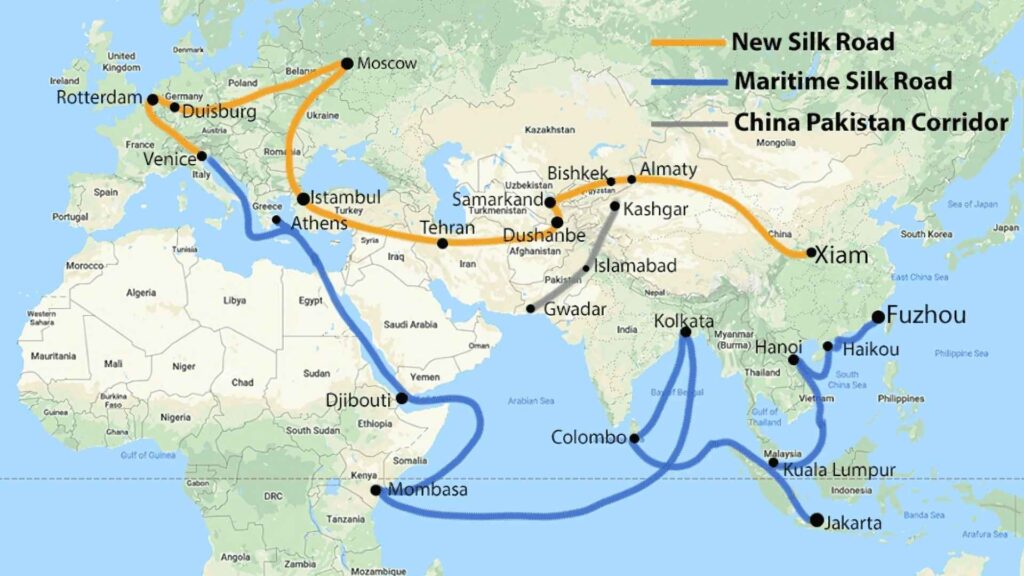
—
Africa’s Geopolitical Importance
Africa’s importance in global geopolitics is rising. The continent is rich in natural resources and has a young, growing population. These factors make Africa an attractive partner for countries looking to secure economic and strategic advantages. As global power dynamics shift, Africa’s role in international affairs will continue to grow.
China recognizes this and is positioning itself as a key partner for Africa’s future. Its investments in infrastructure and trade aim to ensure long-term access to the continent’s resources and markets. By strengthening ties with African nations, China is securing a foothold in one of the world’s most dynamic regions.
—
Challenges and Criticisms of China’s Strategy
Despite its growing influence, China’s engagement with Africa has faced criticism. Some critics argue that Chinese investments come with hidden costs, including high levels of debt for African countries. These debts could lead to economic instability if repayment terms are not met.
Additionally, concerns have been raised about the environmental and social impacts of Chinese-funded projects. In some instances, the use of Chinese labour and the environmental consequences of certain developments have sparked criticism. Despite these concerns, China’s non-interference policy and focus on economic development continue to make it a preferred partner for many African governments.
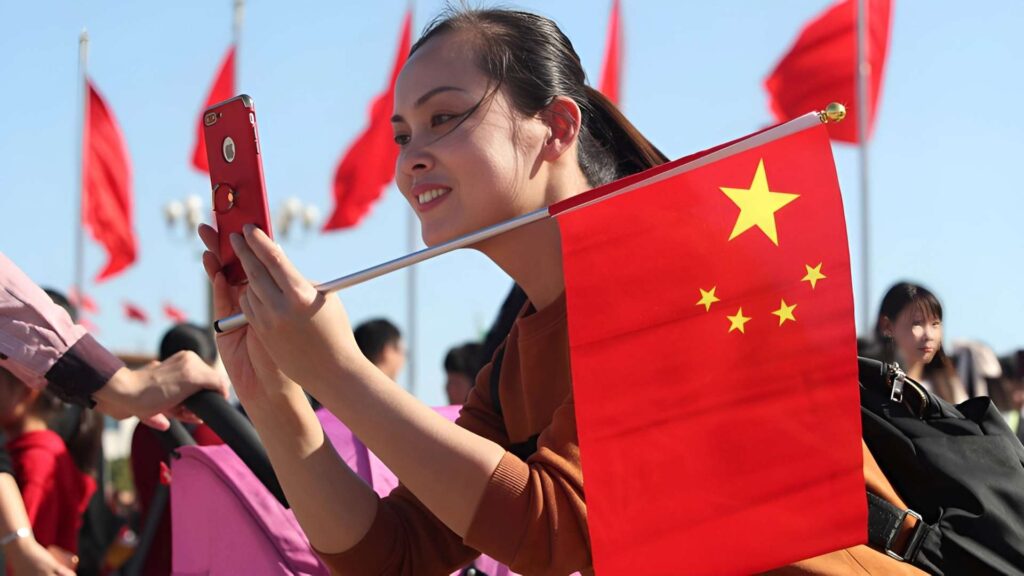
—
The West’s Response to China’s Growing Influence
China’s growing influence in Africa has prompted responses from Western powers, particularly the United States and Europe. Historically, the U.S. and European nations have played key roles in Africa’s development. However, China’s increasing economic presence has led to a shift in the dynamics of these relationships.
The Biden administration has focused on strengthening ties with African countries, particularly in areas like health, security, and climate change. Europe, on the other hand, has launched initiatives like the “Global Gateway” project, which aims to counterbalance China’s influence by investing in sustainable infrastructure across Africa.
Although Western powers remain important partners for Africa, China’s economic-driven approach has made it a more attractive option for many African governments. China’s focus on infrastructure and development has proven to be a powerful tool in gaining influence across the continent.
—
China’s Long-Term Strategy in Africa
China’s charm offensive in Africa reflects a well-calculated strategy to increase its influence on the continent. By focusing on infrastructure, trade, and mutual economic benefits, China aims to secure long-term partnerships with African nations. While challenges remain, such as concerns over debt sustainability and environmental impacts, China’s approach continues to be appealing to many African governments.
As Africa’s geopolitical importance grows, China’s role in the region will only increase. The continent’s resources, youthful population, and strategic location make it an essential part of the global power structure. China’s engagement with Africa is poised to shape the continent’s future and its place in the broader global order.
—


